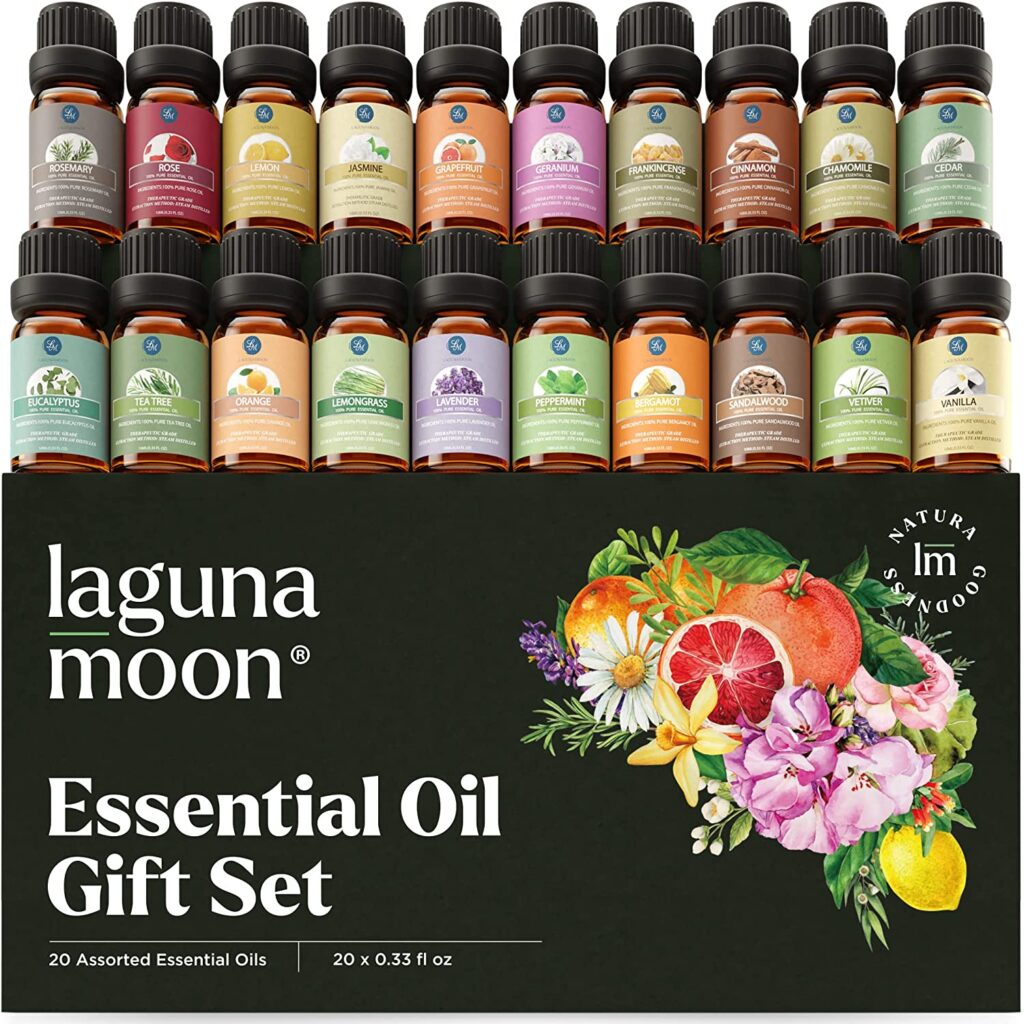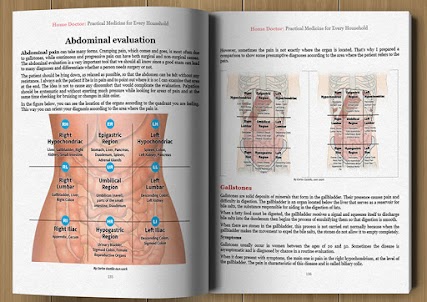Yeast infections can be an uncomfortable and bothersome occurrence for many women. In the United States alone, up to 1.4 million women seek medical help for this condition annually. Although it might be alarming to experience symptoms such as itchiness, irritation, and a thick white discharge, rest assured that natural remedies can help provide relief, especially for mild cases. This article will explore various natural cures for a yeast infection, their effectiveness, and when to seek medical attention.
Understanding Vaginal Yeast Infections
Vaginal yeast infections, also known as candidiasis, are caused by an overgrowth of a fungus called Candida. This condition is second only to bacterial infections as the most common vaginal infection in the US. While some cases may require medical intervention, mild yeast infections can be treated at home using natural remedies.
It’s crucial to consult with a healthcare provider if your symptoms persist for more than three days, during pregnancy, if you experience chronic yeast infections, or if you suspect a sexually transmitted disease (STD).
Precautions of Using Natural Cures for a Yeast Infection
While using natural cures for a yeast infection is often an effective approach, they are not without their potential risks and side effects. For example, some people may be allergic to certain herbs or essential oils, leading to skin irritation or other allergic reactions. So, it is important to always perform a patch test before applying a new remedy to a large area of skin. If you notice any redness, itching, or swelling, discontinue use immediately.
Moreover, while probiotics are generally safe for most people, they can cause digestive upset in some. It’s also worth noting that not all types of yeast infections can be effectively treated with organic remedies alone. In severe or recurrent cases, medical intervention may be necessary.
Lastly, pregnant women, people with compromised immune systems, and those with chronic health conditions should always consult a healthcare professional before starting any new treatment regimen, including organic remedies. It’s also crucial to remember that organic remedies should complement, not replace, traditional medical treatments.

7 Old Natural Cures for a Yeast Infection
The following natural remedies may provide relief for mild yeast infection symptoms. However, their effectiveness varies, and more research is needed to confirm their benefits.
Note: Some of the links here are affiliate links. There’s NO additional cost for you, but it does help our team to earn some coffee money to help write more health tips for you.
1. Coconut Oil
Known for its antifungal and antimicrobial properties, coconut oil could potentially kill Candida when taken orally. However, before trying this remedy, it’s advised to discuss with a healthcare provider first.
2. Boric Acid
Boric acid has antifungal and antiviral properties and can be used to create homemade vaginal suppositories. It has shown promise in cases where traditional treatments have failed. However, this remedy is not suitable for pregnant women as boric acid can be toxic to a fetus.
3. Vitamins C and E
Both vitamins C and E can be beneficial in treating yeast infections. Vitamin C strengthens the immune system and helps your body fight off the infection. Meanwhile, vitamin E helps soothe your itchy skin with its anti-inflammatory properties.
4. Probiotics
In the vagina, a specific bacteria called Lactobacillus plays a vital role in maintaining its health. It prevents bacteria from sticking to cell walls and activates defense mechanisms such as lactic acid production, which can kill harmful bacteria and viruses. Probiotics also contain this beneficial strain of bacteria and help reintroduce it to your body, re-establishing a balanced vaginal pH.

Laguna Moon Essential Oil Gift Set
From calming lavender and soothing chamomile to refreshing eucalyptus, this set of 20 essential oils has something for everyone.
5. Tea Tree Oil
Tea tree oil has been used for centuries to treat wounds and other ailments due to its antibacterial and antifungal properties. Some studies suggest that it may be an effective topical treatment for yeast infections when used alongside traditional over-the-counter medications.
6. Garlic
Garlic can be taken orally to potentially treat yeast infections. However, avoid using garlic cloves as vaginal suppositories as there is little evidence supporting this practice, and it could potentially worsen your symptoms.
7. Oil of Oregano
Oil of oregano, specifically made from the wild oregano, is another natural remedy that can be used to treat yeast infections. You can either insert capsules containing oil of oregano into your vagina at night or apply the oil to a tampon before inserting it. If using essential oils, remember to dilute it by combining 3 to 5 drops with an ounce of carrier oil before soaking the tampon for a few minutes. Insert and change it every 2 to 4 hours, making sure not to leave it in for more than 6 hours.

Preventing Yeast Infections
Preventive practices such as wearing breathable cotton underwear, changing out of wet clothes promptly, maintaining a low-sugar diet, and consuming probiotic-rich foods like yogurt can help reduce the risk of developing a yeast infection.
When to Seek Medical Help
It’s crucial to seek medical advice from a gynecologist if you’ve never experienced a yeast infection before, are pregnant, or if your symptoms are severe or prolonged. This can help rule out other potential bacterial or sexually transmitted infections that may be causing your symptoms.
The Bottom Line
While mild yeast infections can potentially be treated at home using natural cures for a yeast infection, it’s important to seek professional medical advice if symptoms persist. Remember, every individual is different, and what works for one person may not work for another. It’s always best to discuss your symptoms and treatment options with a healthcare provider to ensure the safe and effective management of your condition.
Your Must-Have Guide to Ailments, Diagnosis & Unexpectedly Effective Home Remedies
Authored by 2 real doctors and a survivalist prepper, The Home Doctor, will enable you to (1) find a common “antibiotics” plant, (2) diagnose the type of abdominal pain you have, and (3) do so much more.







